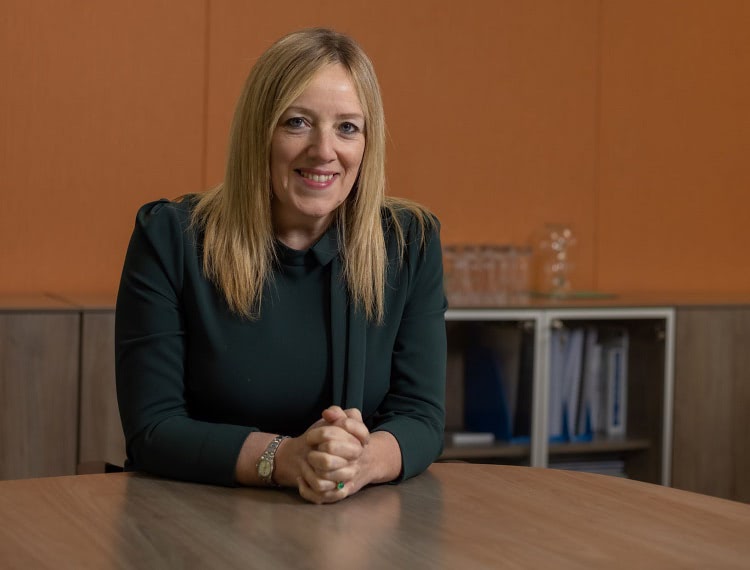South West can lead the way in the race to net zero

The past 12 months have exacted a terrible toll on both our population and our economy – but with vaccine delivery progressing well and a roadmap to reopening now defined, thoughts are rightly turning to recovery. But let’s be clear – recovery has to be about more than regaining lost ground. Instead, we must aim higher.
If the Covid-19 pandemic has delivered one unexpected positive, it has been a chance to reassess. With so much of our traditional activity on hold, we have had an opportunity to take stock, to re-evaluate our future, and plot a fresh, forward trajectory which truly enables us to build back better.
With the threat of climate change growing by the day, top of the rebuilding agenda must be a renewed commitment to carbon reduction ambitions. The UK has a unique role to play hosting COP26 later this year, and with Cornwall set to host the G7 this June, 2021 offers a remarkable opportunity for the South West to showcase the unique contribution it can make in the race to net zero.
Ours is a region rich in the resources and expertise needed to drive the green revolution. The natural environment delivers boundless potential for renewable energy – wave, wind, tidal and solar – all within touching distance of major ports and infrastructure. Floating offshore wind is a rapidly developing sector primed to make a significant contribution to net zero ambitions while providing a major engineering boost. Both of the region’s powerhouses – The Western Gateway and Great South West – recognise regional opportunities to harness the South West’s natural resources to power up the UK, and deliver inward investment and export potential.
The development of Hinkley Point C nuclear power station provides another example of the power of partnership. It has united LEPs, local authorities, academic and skills sectors with business and will generate around £50billion of nuclear opportunities over the coming decade.
Somerset’s Construction Skills and Innovation Centre – built in partnership between Bridgwater & Taunton College and EDF Energy – is a unique and vast training facility in close proximity to Hinkley, while the National College for Nuclear is delivering high-level technical training to thousands of learners. Expert facilities such as these will ensure the South West is armed to combat predicted engineering skills shortfalls.
Industrial and research expertise can cement the UK’s aerospace and automotive industries as a global leader in developing new technology for low carbon and ultra-low emission vehicles. A first Virtual Hydrogen Summit led by the West of England Aerospace Forum can unite regional stakeholders behind a strategy of hydrogen deployment.
The region can also play a key role in bringing the UK up to speed on geothermal heating. Our nation lags on the world stage on geothermal uptake, yet the South West peninsula has strong – but untapped – geothermal resources which could provide viable and affordable low carbon heating for everything from homes to hospitals.
And the opportunity exists to go even further. Whether harnessing the potential of upland and wetland peat beds to establish what could be England’s largest carbon sink, utilising offshore habitats to grow kelp and seagrass farms to permanently capture carbon, or building on the expertise of Cambourne School of Mines to mine lithium for future batteries, the South West has the resources to help combat the climate emergency.
Yes, there remain challenges. A lack of adequate grid capacity is a glaring one, while distribution networks can be improved. But investment in smart and flexible energy infrastructure can overcome them, and unlock the benefits of electric vehicles and the switch to cleaner forms of heating. This will enable the South West to make the most of its potential as a natural energy powerhouse.
Green technology investment in the region was absent from the Chancellor’s recent Budget announcement, yet the South West should not be deterred. This remains a region with the will and the resources to power the UK. Regional leaders must now move forward with unified purpose to define the region’s future, showcase its strength, and attract the investment needed to unlock its talent and achieve its full potential.
By Susan Davy, CBI South West Chair











Responses